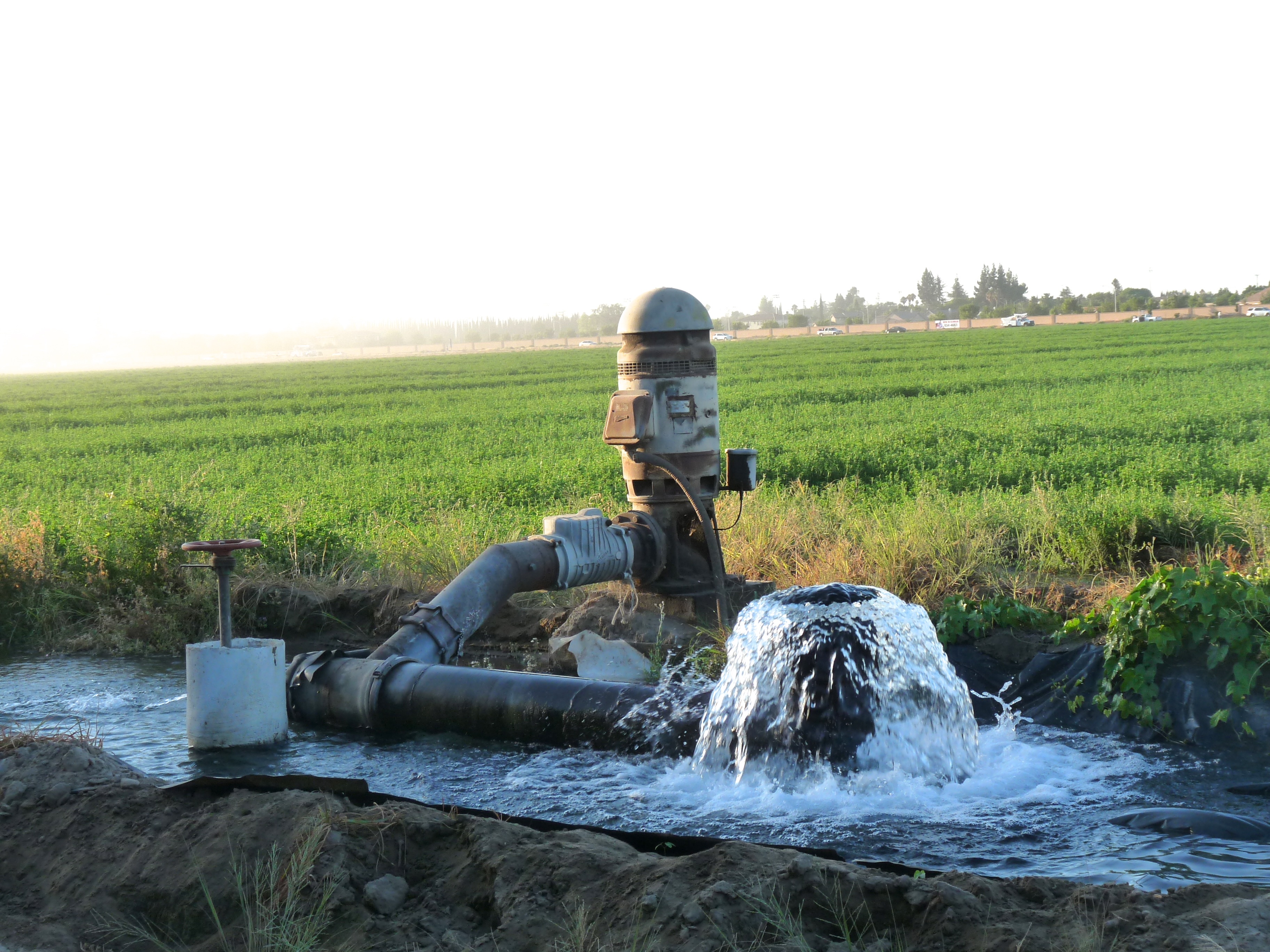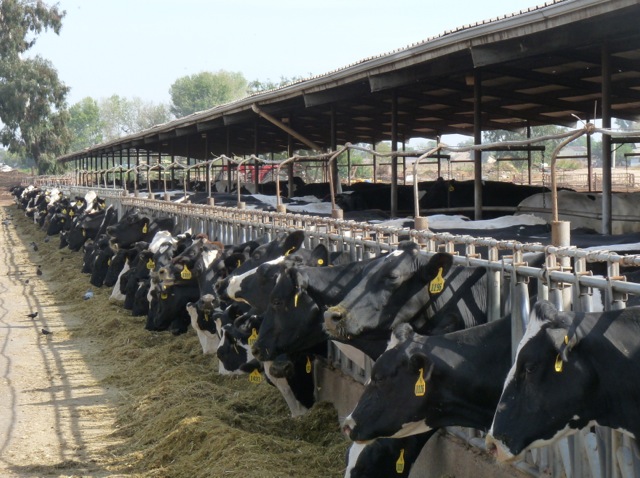ILRP Changes Target All Calif. Farmers
Proposed Changes to Irrigated Lands Regulatory Program (ILRP) Could Impact Farmers Statewide
By Patrick Cavanaugh, Deputy Editor
 The recently proposed changes to the Irrigated Lands Regulatory Program (ILRP), open for public comment until Wednesday, May 18, could significantly impact farmers, according to Casey Creamer, coordinator for the Kings River Water Quality Coalition. “The proposed modifications concern the east San Joaquin Region, within Madera, Merced and Stanislaus Counties,” Creamer said. “That’s the scope of it.”
The recently proposed changes to the Irrigated Lands Regulatory Program (ILRP), open for public comment until Wednesday, May 18, could significantly impact farmers, according to Casey Creamer, coordinator for the Kings River Water Quality Coalition. “The proposed modifications concern the east San Joaquin Region, within Madera, Merced and Stanislaus Counties,” Creamer said. “That’s the scope of it.”
According to the State Water Resources Control Board’s (SWRCB) website, ILRP “regulates discharges from irrigated agricultural lands. This is done by issuing waste discharge requirements (WDRs) or conditional waivers of WDRs (Orders) to growers.” Discharges include irrigation runoff, flows from tile drains and storm water runoff, which can transport “pollutants including pesticides, sediment, nutrients, salts (including selenium and boron), pathogens, and heavy metals, from cultivated fields into surface waters. Orders contain conditions requiring water quality monitoring of receiving waters and corrective actions when impairments are found.”
While ILRP currently targets only the east San Joaquin region, Creamer said, “It’s a precedent-setting deal, so everything in there is going to affect not only the entire Central Valley, but the Central Coast and the Imperial Valley—that may not have near the issues or the current regulatory programs that we have here in the Central Valley. So, its very important statewide.”
Creamer emphasized, “Farmers need to know that this is not a minor issue; this is a big issue that affects their livelihoods and their ability to operate. They need to get involved. They need to communicate with their other growers, communicate with their associations, get involved and have their voices heard.”
__________________
The State Water Board is hosting a public workshop on the proposed order on Tuesday, May 17, in Fresno—one day prior to the closing of the ILRP public comment period. The workshop will be held at 9:00 a.m. in the San Joaquin Valley Air Pollution Control District, Central Region, 1990 E. Gettysburg Avenue, Fresno.
The SWRCB is also soliciting written comments on the proposed order. Written comments must be received by 5:00 p.m., Wednesday, May 18, 2016. Please indicate in the subject line, “Comments to A-2239(a)-(c).” Electronic submission of written comments is encouraged. Written comments must be addressed to:
Ms. Jeanine Townsend
Clerk to the Board
State Water Resources Control Board
1001 I Street, 24th Floor [95814]
P.O. Box 100
Sacramento, CA 95812-0100
(tel) 916-341-5600
(fax) 916-341-5620
(email) commentletters@waterboards.ca.gov
__________________
The Kings River Water Quality Coalition is a non-profit joint powers agency established by the irrigation districts in the Kings River service area. It is governed by a board of directors of landowners from each of the districts. Staffing of the Coalition is administered through an agreement with the Kings River Conservation District located in Fresno. The Coalition was formed in 2009 in order to allow growers within the region a cost-effective avenue to comply with the regulations developed by the Central Valley Regional Water Quality Control Board. The Coalition conducts regional monitoring and reporting and assists members in compliance with regulations. The Coalition is not a regulatory agency. Enforcement of the ILRP is handled by the Regional Water Quality Control Board.










